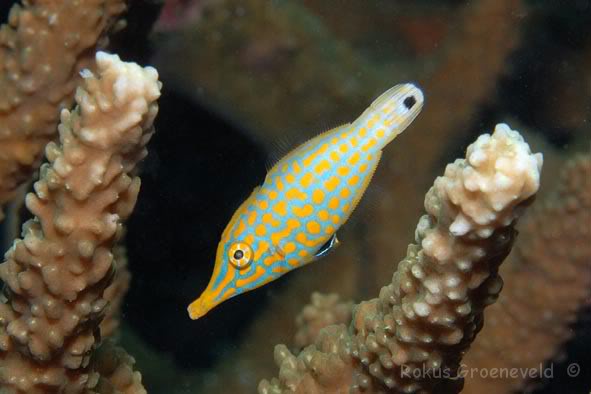revhtree
Owner Administrator
View Badges
Staff member
Super Moderator
Reef Squad
Partner Member 2024
Excellence Award
RGB
Photo of the Month
Article Contributor
R2R TV Featured
Hospitality Award
Article Administrator
Black Friday Sponsor
Partner Sponsor 2023
Industry Professional
My Aquarium Showcase
- Joined
- May 8, 2006
- Messages
- 47,889
- Reaction score
- 88,299
Should certain fish/inverts be left on the reef and NEVER be sold? Cleaner Wrasses, Harlequin Filefish, etc. :crossedlips:
What is your opinion?

image
What is your opinion?

image















